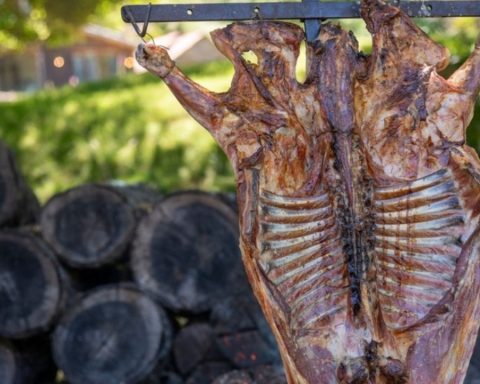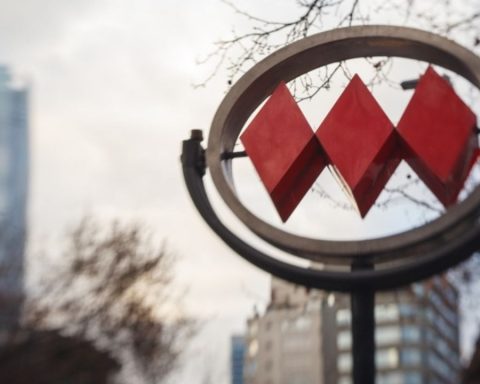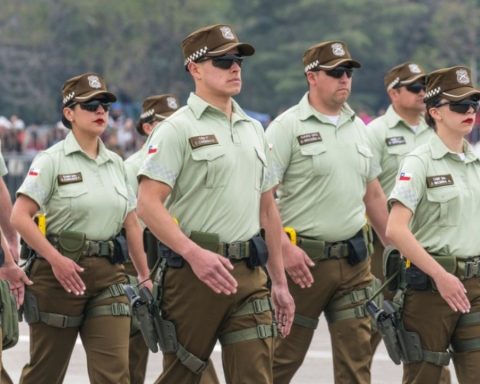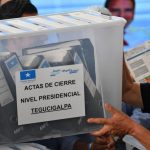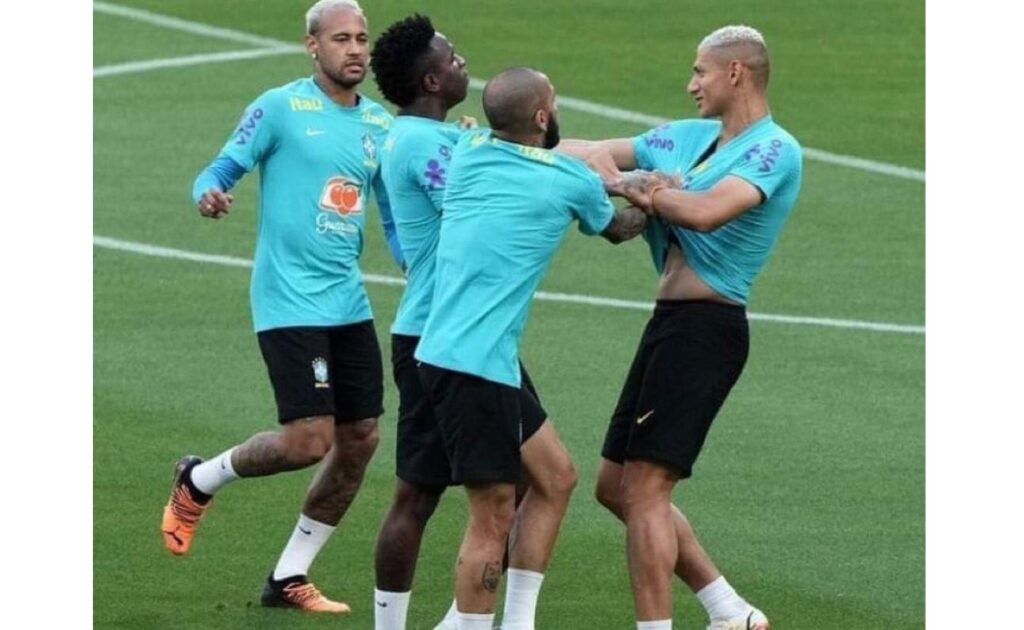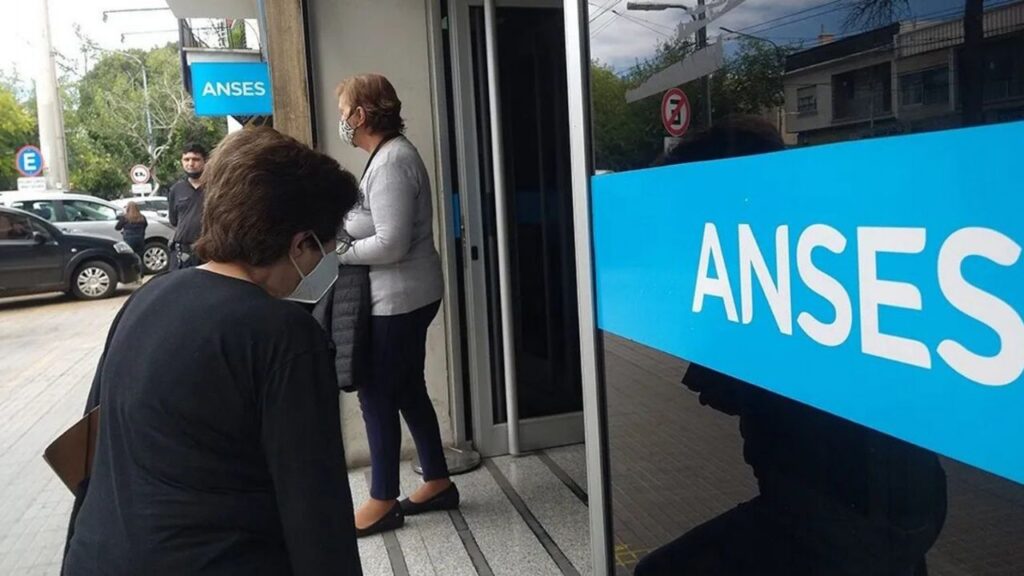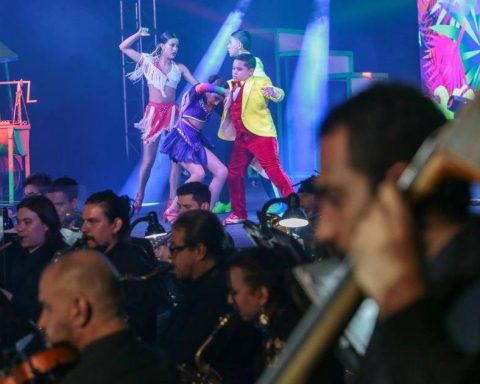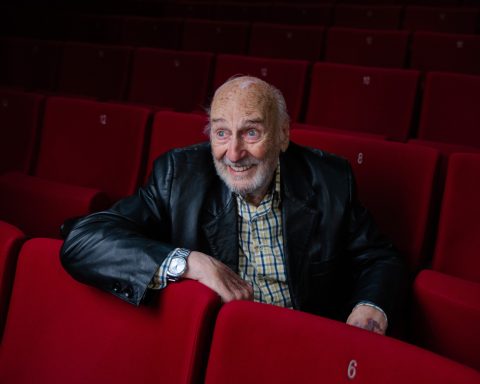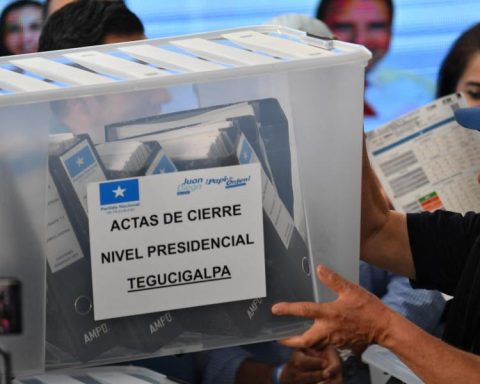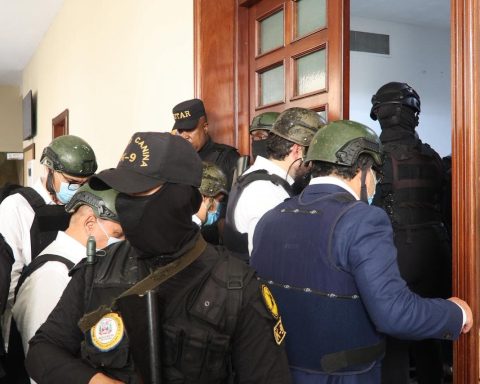“I participated in the recovery process of my community, so the carabineros began to persecute me, they followed me by car back from school. I was 15 years old and I was never involved in anything. On the contrary, I supported my people in the work in agriculture, we tried to organize ourselves due to the lack of water, the problems of access to my school, the lack of food”, says Rayén Pailaya (19), from a remote house in the conflictive district of Tirúa, on the coast of Arauco, where several of the most violent attacks have taken place in the so-called “Southern Macrozone”.
Rayén lives in a precarious settlement located in Tirúa, province of Arauco, Biobío Region. In Tirúa, almost 70 percent of the inhabitants are Mapuche. “One might think that because she is a Mapuche they will support her in high school, but in my case it was not like that. On the contrary, my colleagues, who are also Mapuche, distanced themselves from me, because they knew that she was on the blacklist. Anyway, one understands, imagine how it feels that out of nowhere drones or helicopters begin to appear above your house or cucas follow you after school.
-What did you do?
-I ended up dropping out of school, I didn’t go to school, my family was scared that I was far away. So I started working at home, I had no choice.
School non-attendance in the territory increased by 8.6% between 2017 and 2020, producing a significant loss of schooling in the group of Mapuche children and youth, such as Rayén. She remembers:
-There were boys who stopped talking to me because I belonged to a recovery, they saw it badly, my teachers saw it badly. They didn’t believe me when I told them that the cops were following me. I remember that a patrol followed me from my house to school and from school to my house. Once I approached them and they told me: “Be careful, we are looking for a little girl just like you”.
No one knows for sure how many young people, boys or girls, cornered by precariousness, discrimination and the need to generate resources, have joined those excluded in recent years in the pandemic. During 2020, for example, according to figures from the Ministry of Education, 40,000 children dropped out of school nationwide. Now it is waiting for the Ministry to release fresh figures.
Finally, Rayén went to live in Cañete. “She was a girl and I had to leave my land,” she says. The most serious? She did not finish school.
For Liliana Cortés, director of Fundación Súmate de Hogar de Cristo, which has an educational reinsertion school, Nuevo Futuro, in the Biobío Region, in the heart of Concepción, “this reality is unworthy. The amount of talent that is lost when you think about the almost 6 thousand children and young people who are excluded from education in Biobío because there is only one re-entry school, ours, which is not enough to accommodate those potential students, makes you helpless. . Biobío is the third region in the country with the highest school exclusion, which is only a guarantee of perpetuating poverty,” she points out.
Chaw Ngenechen no longer inhabits people
Veronica, 14 years old, dreamed that the God Chaw Ngenechen told her that she would be a machi. From then on, she had to change her jeans for a Mapuche outfit and get up every day at five in the morning to pray looking at the sky. This is just the beginning of all the preparation that a girl who has been chosen to become a religious authority of the Mapuche people must follow.
The problem arose when the C-90 Trapaqueante high school, the only one that provides secondary education in Tirúa, did not allow her to go with her küpan – a black blanket with black velvet edges. “She had just finished basic education and wanted to continue her studies. But shortly after the process, the teachers wanted to leave her repeating, because they did not understand that she was experiencing something very strong and spiritual for our culture. She was very sad, we needed them to support her, but Western education is like that, it discriminates what is different, ”says Verónica’s mother, Rosa Mamani (39).
Rosa sells vegetables and works the land. Her husband, Domingo, doesn’t have a permanent job, only “boyfriends” in construction, who go out from time to time. In half a hectare they plant potatoes for family consumption.
For the Mapuche people, the designs of Chaw Ngenechen are clear: if a woman (or man) is chosen to be a machi, she must fulfill her mission, if not, she will get sick or die. “Today my daughter is not going to school, she was expelled from high school for non-attendance, but we are proud of the path she is following. Few know, but every day fewer are chosen to be machi, with the felling of trees, the wasting of the land, Chaw Ngenechen does not inhabit new people”, concludes Rosa, who has a last name of Aymara origin.
Since then, Verónica became part of the 182,000 children and young people between the ages of 6 and 21 who are excluded from the school system in Chile, without attending classes, prevented from completing their 12 years of compulsory schooling.
According to the community educator of the Office for the Protection of the Rights of Children and Adolescents of Tirúa, Aníbal Pincheira (35), the educational exclusion of young Mapuche is not a new issue. “Most of them reach eighth grade or leave the commune. You have to think that young Mapuche people live at risk here, either because of police harassment, confrontations, road closures or a lack of understanding of their culture. It is difficult for them to finish their studies. In the end, two scenarios happen: either they are abandoned forever or they migrate or they must migrate and not live with their families.”
Play paco and mapuche
At the national level, 5.9% of children and adolescents live in extreme poverty. This percentage increases to 10.1% when considering children of Mapuche origin in La Araucanía. This region is one of those with the highest prevalence of children and young people excluded from education. There are almost 4,000 in total, most of them Mapuche.
The founder and spokesperson of the Network for the Defense of Mapuche Children, Onésima Lienqueo, points out: “Today boys and girls represent their experiences through play. They have games like ‘el paco y el mapuche’, in which they play recovery or weichan, which is like the fight for rebel territory”.
During the last five years, the National Institute of Human Rights (INDH) has carried out 65 judicial actions throughout Chile, involving Mapuche children and adolescents: half of them took place in the Region of La Araucanía and 15 in the Biobío. Between both territories, more than 80% of the cases are concentrated, which correspond to torture, homicides and serious injuries.
Denise doesn’t like the idea of talking about her community. At 10 years old, she doesn’t want to get into trouble and prefers to hang out. “The only thing I am going to say is that helicopters scare me, they make noise and are annoying. But they warn us before something bad happens, because they always show up before the cops arrive,” she says.




